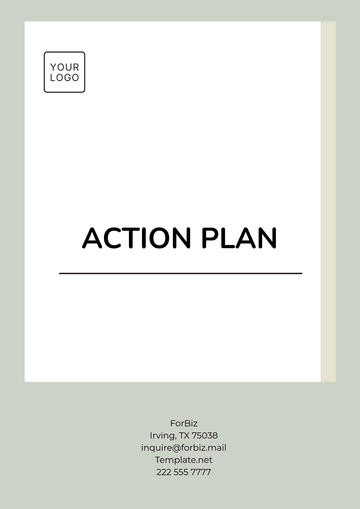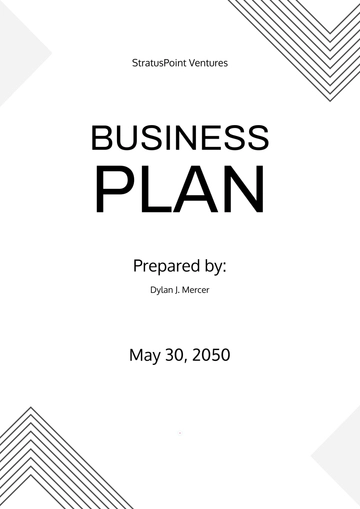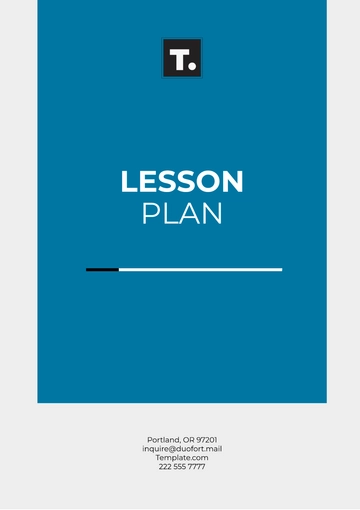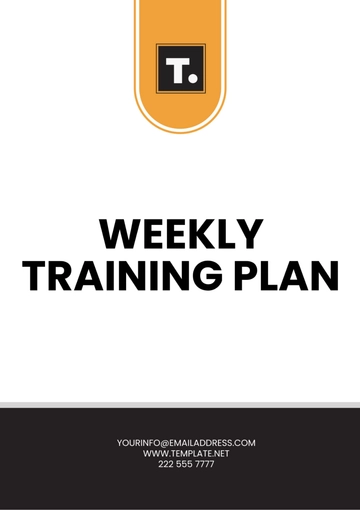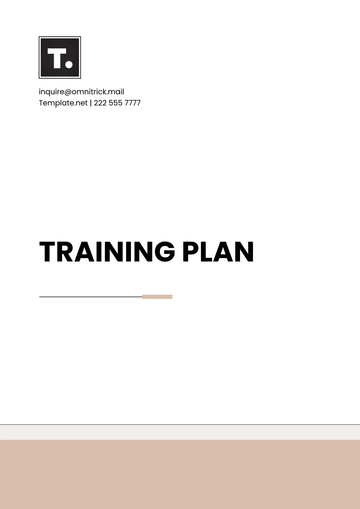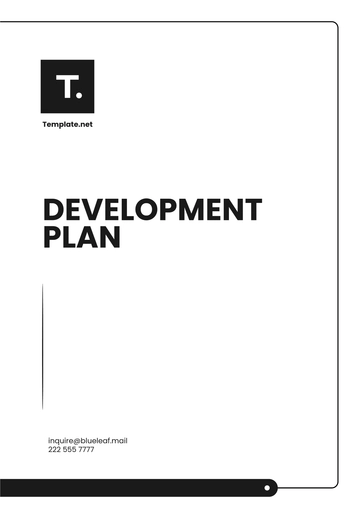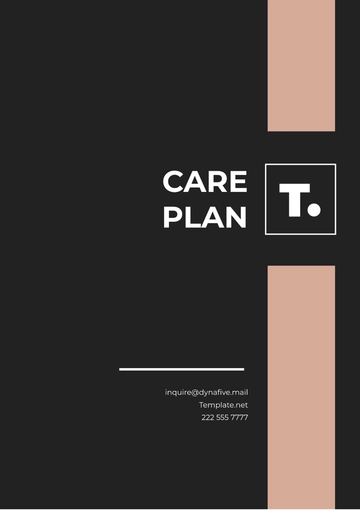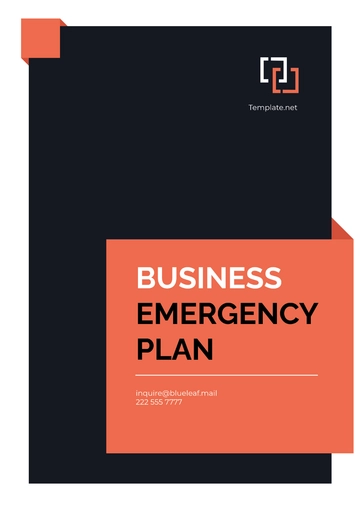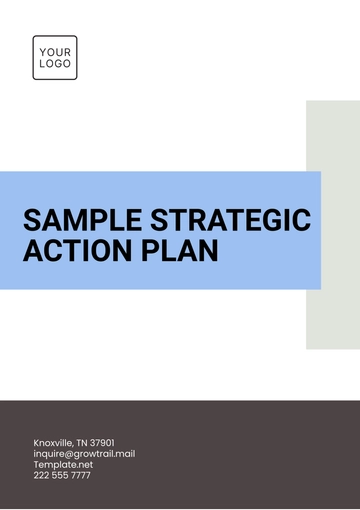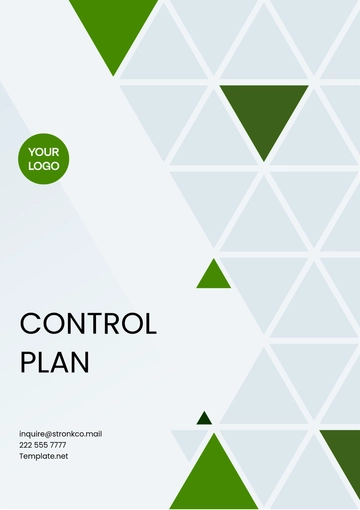Free Medication Plan Brief
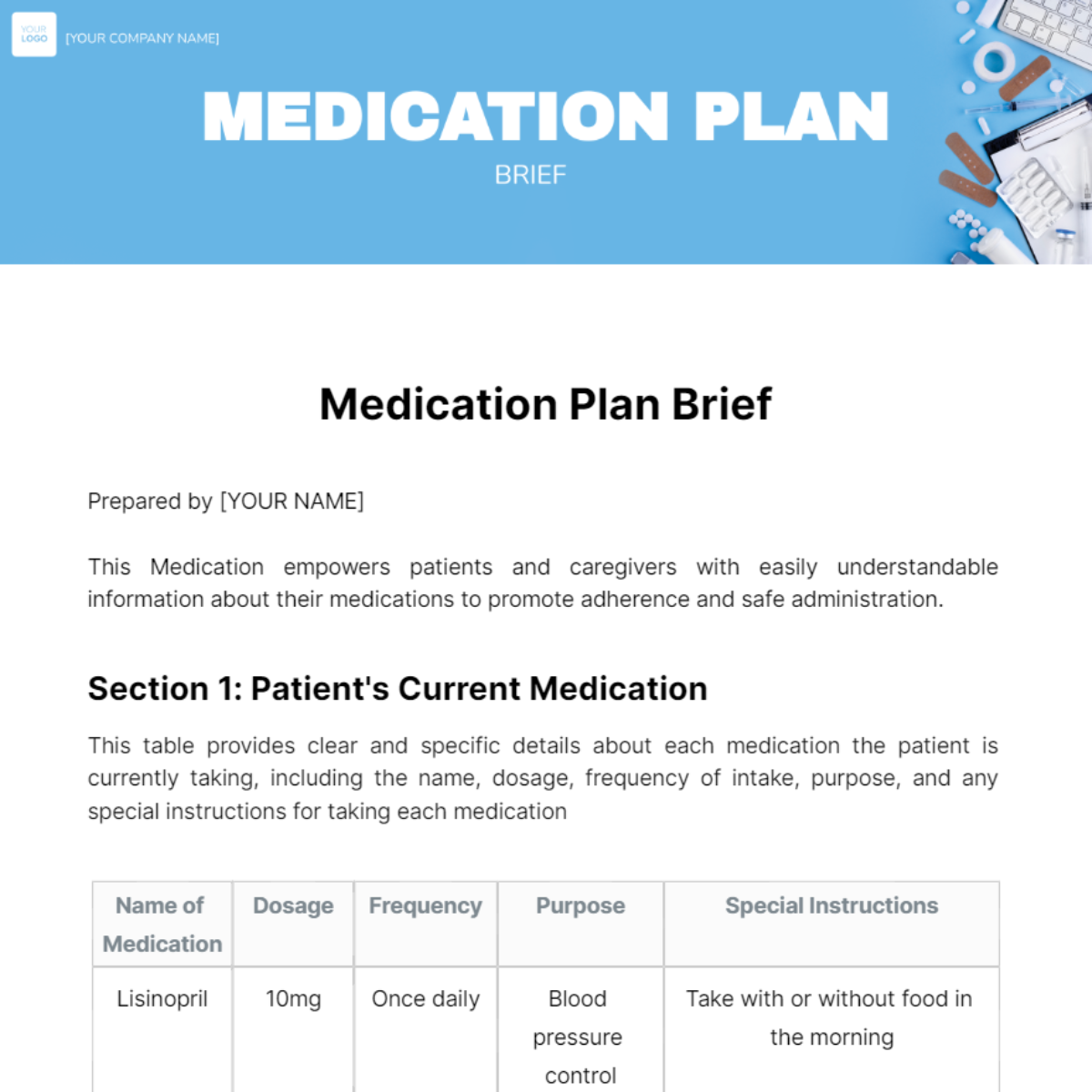
Prepared by [YOUR NAME]
This Medication empowers patients and caregivers with easily understandable information about their medications to promote adherence and safe administration.
Section 1: Patient's Current Medication
This table provides clear and specific details about each medication the patient is currently taking, including the name, dosage, frequency of intake, purpose, and any special instructions for taking each medication
Name of Medication | Dosage | Frequency | Purpose | Special Instructions |
|---|---|---|---|---|
Lisinopril | 10mg | Once daily | Blood pressure control | Take with or without food in the morning |
Metformin | 500mg | Twice daily | Type 2 diabetes management | Take with meals |
Levothyroxine | 75mcg | Once daily | Thyroid hormone replacement | Take on an empty stomach at least 30 minutes before breakfast |
Aspirin | 81mg | Once daily | Cardiovascular health | Take with a glass of water after food |
Section 2: Potential Side Effects
These side effects are not exhaustive, and individuals may experience different reactions. Patients must communicate with their healthcare providers about any concerns or adverse effects experienced while taking these medications.
Medication | Potential Side Effects |
|---|---|
Lisinopril |
|
Metformin |
|
Levothyroxine |
|
Aspirin |
|
Section 3: Importance of Adherence
Effectiveness of Medication: Taking your medication exactly as prescribed ensures its full effectiveness. Changing the schedule or missing doses can reduce the treatment's success.
Potential Complications from Missed Doses: Skipping medication doses can raise complication risks due to drug imbalance in your system, intensify symptoms, and may cause treatment failure. Incomplete treatment, especially with antibiotics and chronic meds, promotes drug resistance, hindering future treatments.
Advice for When a Dose is Accidentally Skipped: If you accidentally skip a dose, it's important not to panic but take immediate action:
Assess the Situation: Determine when you missed the dose and how much time has passed since your last dose.
Consult Your Healthcare Provider or Pharmacist: Your healthcare provider can guide you on managing late medication doses based on the specifics of your medicine and lateness.
Avoid Double Dosing: Unless directed by your doctor, don't take a double dose to compensate for a missed one to avoid risks.
Keep a Record: Maintain a medication journal or use a medication reminder app to help track your doses and avoid missing any in the future.
Remember, consistently following your medication plan is crucial for effective condition management and improved health. If you are worried or unsure about your medication, discuss it with your healthcare provider.
Section 4: Lifestyle Considerations
When undergoing medication, it's crucial to adopt certain lifestyle changes to optimize treatment effectiveness and overall well-being. Here are recommendations for dietary, exercise, and substance restrictions:
Dietary Recommendations:
Maintain a diet rich in natural foods and limit processed or high-fat foods.
Regulate your sodium intake based on potential medication interactions.
Hydrate frequently, particularly on medication that risks dehydration. Be aware of potential drug-food interactions.
Exercise Recommendations:
Engage in regular 30-minute moderate-intensity workouts, as advised by your doctor, to boost mood, reduce stress, and enhance health.
Validate any new exercise plans with your healthcare provider, especially if you have health concerns.
Maintain a regular, gradual workout routine including activities you enjoy.
Substance Restrictions:
1. Limit or avoid alcohol while on medication to avoid side effects and reduce reduced effectiveness.
Monitor your caffeine intake as it affects medication absorption and metabolism, and can cause anxiety or insomnia if overused.
Smokers should try quitting or reducing nicotine as it can interfere with medication effectiveness and worsen health conditions.
Avoid illicit drugs due to unpredictable interactions with medication and potential health risks.
Consult a healthcare provider before using over-the-counter medications or supplements to prevent interference with prescribed drugs.
Section 5: Communication About Medication
Steps for Communicating with the Healthcare Team:
Regularly talk about medication effects and concerns, prepare questions beforehand, communicate symptoms and side effects, discuss alternative treatments if needed, and take quick action on agreed-upon recommendations.
Guidance for Discussing Medication with Family or Friends:
Select a private space for open dialogue, offer credible resources to understand the medication, motivate them to ask questions, and stress the significance of support in their medication journey.
Procedure if a Problem Arises:
Immediately reach out to your healthcare provider if you experience severe side effects or unexpected symptoms. Keep a symptom log for your discussions. Follow the given healthcare instructions. In case of unavailability, seek urgent medical help, especially for adverse reactions.
- 100% Customizable, free editor
- Access 1 Million+ Templates, photo’s & graphics
- Download or share as a template
- Click and replace photos, graphics, text, backgrounds
- Resize, crop, AI write & more
- Access advanced editor
Introducing the Medication Plan Brief Template from Template.net. Streamline your medication management effortlessly with this editable and customizable tool. Tailor your plan to fit your needs precisely, with easy modifications using our Ai Editor Tool. Simplify your regimen, stay organized, and take control of your health journey with this versatile template.
You may also like
- Finance Plan
- Construction Plan
- Sales Plan
- Development Plan
- Career Plan
- Budget Plan
- HR Plan
- Education Plan
- Transition Plan
- Work Plan
- Training Plan
- Communication Plan
- Operation Plan
- Health And Safety Plan
- Strategy Plan
- Professional Development Plan
- Advertising Plan
- Risk Management Plan
- Restaurant Plan
- School Plan
- Nursing Home Patient Care Plan
- Nursing Care Plan
- Plan Event
- Startup Plan
- Social Media Plan
- Staffing Plan
- Annual Plan
- Content Plan
- Payment Plan
- Implementation Plan
- Hotel Plan
- Workout Plan
- Accounting Plan
- Campaign Plan
- Essay Plan
- 30 60 90 Day Plan
- Research Plan
- Recruitment Plan
- 90 Day Plan
- Quarterly Plan
- Emergency Plan
- 5 Year Plan
- Gym Plan
- Personal Plan
- IT and Software Plan
- Treatment Plan
- Real Estate Plan
- Law Firm Plan
- Healthcare Plan
- Improvement Plan
- Media Plan
- 5 Year Business Plan
- Learning Plan
- Marketing Campaign Plan
- Travel Agency Plan
- Cleaning Services Plan
- Interior Design Plan
- Performance Plan
- PR Plan
- Birth Plan
- Life Plan
- SEO Plan
- Disaster Recovery Plan
- Continuity Plan
- Launch Plan
- Legal Plan
- Behavior Plan
- Performance Improvement Plan
- Salon Plan
- Security Plan
- Security Management Plan
- Employee Development Plan
- Quality Plan
- Service Improvement Plan
- Growth Plan
- Incident Response Plan
- Basketball Plan
- Emergency Action Plan
- Product Launch Plan
- Spa Plan
- Employee Training Plan
- Data Analysis Plan
- Employee Action Plan
- Territory Plan
- Audit Plan
- Classroom Plan
- Activity Plan
- Parenting Plan
- Care Plan
- Project Execution Plan
- Exercise Plan
- Internship Plan
- Software Development Plan
- Continuous Improvement Plan
- Leave Plan
- 90 Day Sales Plan
- Advertising Agency Plan
- Employee Transition Plan
- Smart Action Plan
- Workplace Safety Plan
- Behavior Change Plan
- Contingency Plan
- Continuity of Operations Plan
- Health Plan
- Quality Control Plan
- Self Plan
- Sports Development Plan
- Change Management Plan
- Ecommerce Plan
- Personal Financial Plan
- Process Improvement Plan
- 30-60-90 Day Sales Plan
- Crisis Management Plan
- Engagement Plan
- Execution Plan
- Pandemic Plan
- Quality Assurance Plan
- Service Continuity Plan
- Agile Project Plan
- Fundraising Plan
- Job Transition Plan
- Asset Maintenance Plan
- Maintenance Plan
- Software Test Plan
- Staff Training and Development Plan
- 3 Year Plan
- Brand Activation Plan
- Release Plan
- Resource Plan
- Risk Mitigation Plan
- Teacher Plan
- 30 60 90 Day Plan for New Manager
- Food Safety Plan
- Food Truck Plan
- Hiring Plan
- Quality Management Plan
- Wellness Plan
- Behavior Intervention Plan
- Bonus Plan
- Investment Plan
- Maternity Leave Plan
- Pandemic Response Plan
- Succession Planning
- Coaching Plan
- Configuration Management Plan
- Remote Work Plan
- Self Care Plan
- Teaching Plan
- 100-Day Plan
- HACCP Plan
- Student Plan
- Sustainability Plan
- 30 60 90 Day Plan for Interview
- Access Plan
- Site Specific Safety Plan

